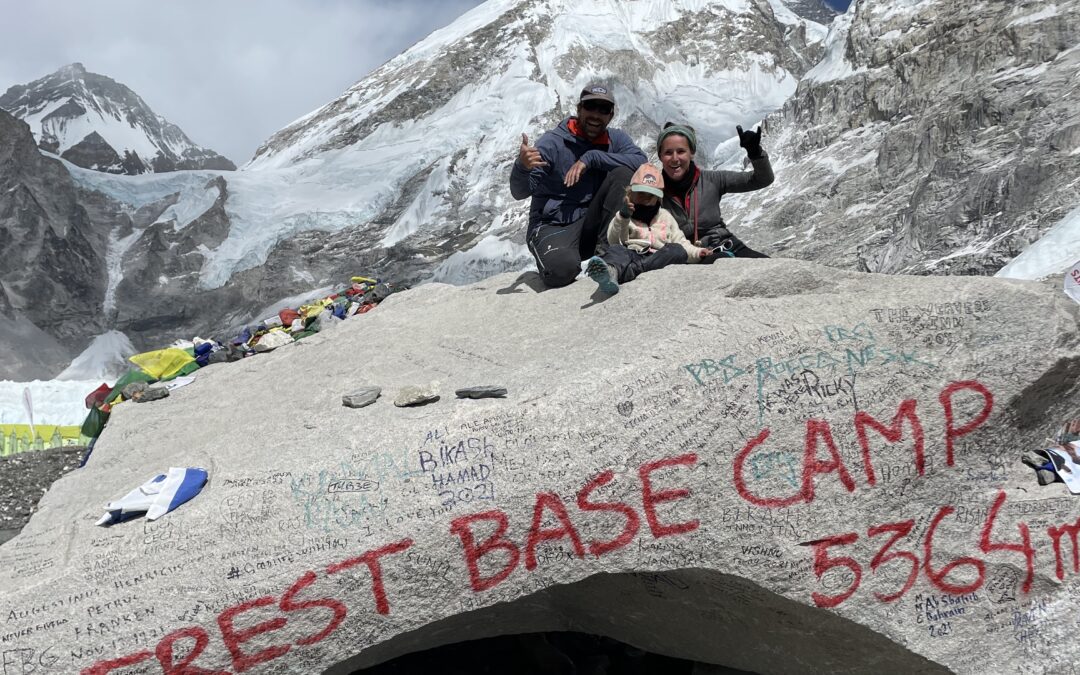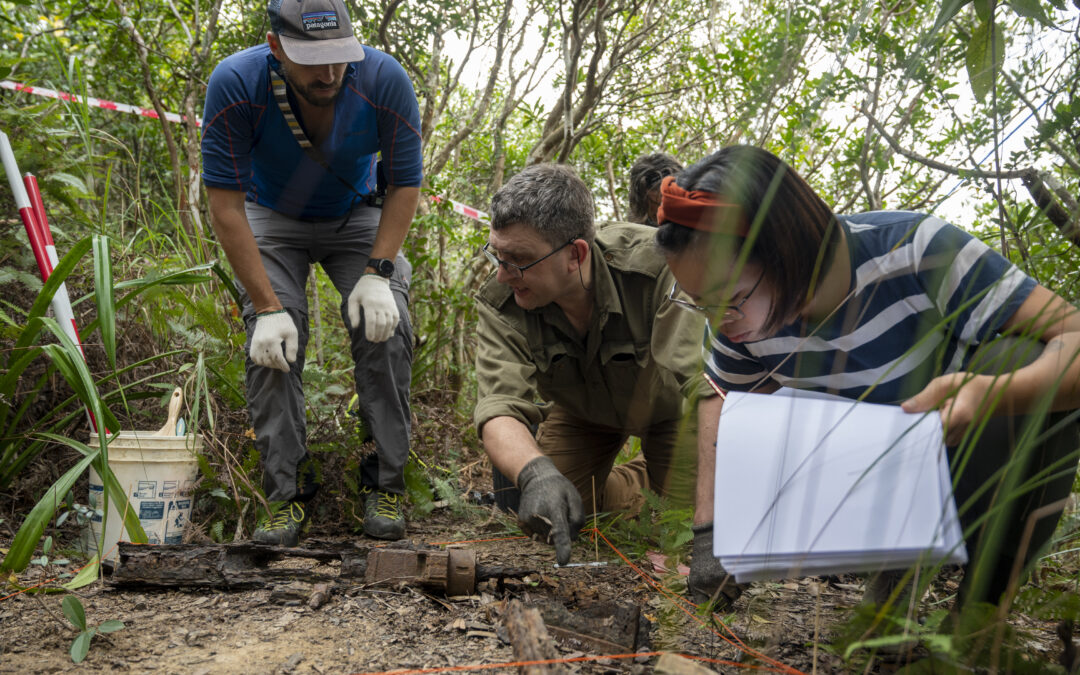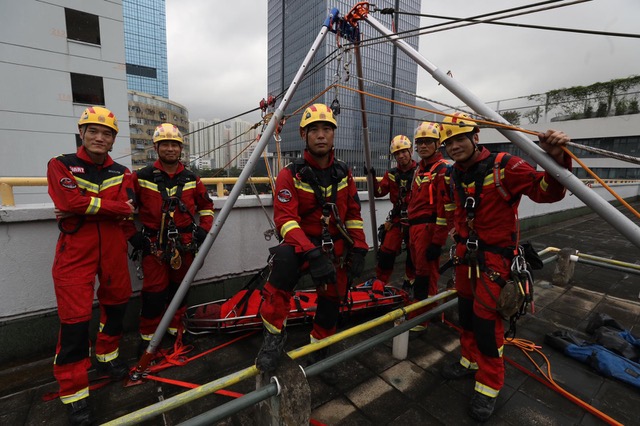“The real voyage of discovery consists not in seeking new landscapes, but in having new eyes!” (Marcel Proust) What are mankind’s largest challenges? – here at SU we define them around the following areas: Energy, Water, Security, Poverty, Space, Environment, Education, Health, Nutrition and Disaster… These topics are at the heart of the 10ˆ9 challenge, the quest to improve the life of 1 billion people within ten years. The last seven days provided a deep diveand started some brainstorming on what to do about them:
- More than 2.5bn people on this planet still lack access to clean water. More people have mobile phones than toilet access. Jack Sim, head of WTO (World Toilet Organization), gave insights in how we can change the status quo and how to get sanitary issues on the front pages of newspapers. He recently founded the BoP Foundation – “Bottom of the Pyramid” to create solution for the poorest part of our society.
- Key problems for disaster relief: – provide reliable power, get access to safe & clean water (it was a huge issue in the Philippines) and remove debris. In the recent Washington mudslides 3D printers were used to print models of the desaster area and make relief efforts easier to communicate.
- Astronaut Ed Lu shared his work at the B612 foundation on early asteroid detection and how to save us from a potential devastating impact (apparently the chance of a 100Megaton impact (thas 2000x Hiroshima) in our lifetime is around 1%). The key problem is the detection of Near Earth Objects (NEOs)– there is just too much space!! Last years asteroid impact in Chelyabinsk happened without pre-warning. NASA got aware of it via twitter.
- I managed to have a long talk with the UNICEF station chief for Gaza – interesting insights how their “old-fashioned” institution is using modern technology to improve processes: Social Media to reunite lost kids with parents, SMS for faster communication of test results and drones to deliver emergency goods and create local WIFI networks.
The whole week was rounded up with an offsite in San Francisco at the offices of NotForSale.org – a social enterprise that sells hip drinks and soups for the benefit of reducing human trafficking and street prostitution. The next steps are up to us now! But that wasn’t all of it – my geeky side didn’t come too short either:
- I managed to build my first blinking LEDs using a Raspberry Pi (essentially a mini computer, the size of two credit cards, that has the power of a Pentium PC).UNICEF also showed us how they use the same tool to build super cheap computers for refugee schools in Lebanon.
- I designed and printed my first 3D printed tool – a bottle opener. Sadly my design needs to be a little bit optimized as its lifespan only lasted four Coronas:(
- And no, the perfect 747 landing still hasn’t been accomplished…still some work to do on this front.






